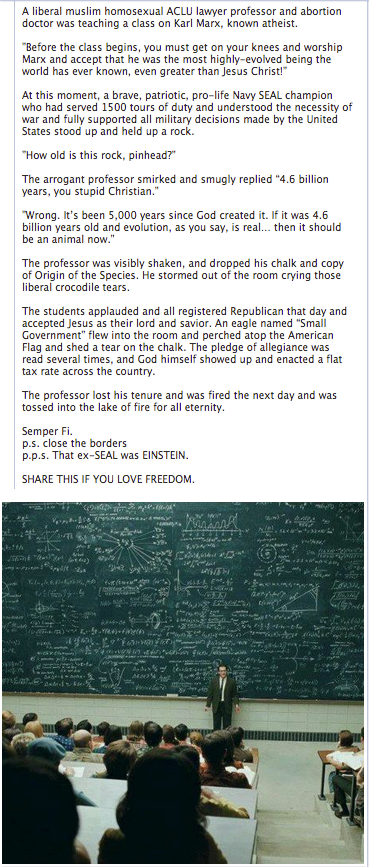One wonders how Kevin Forts identifies a “moral conscience” and “heroic actions”. Forts is an American supporter of Anders Breivik. Apparently, he considers premeditated mass murder to be moral, and thinks a real hero gleefully hunts down and shoots unarmed teenagers.
He certainly has a hard time facing the camera. He’s one of a small minority that is so fearful, that they excuse gunning down innocents as a step in genocide. Not a nice person at all.
I see he’s also attending a Catholic university (which has quickly disavowed any support for his callous and amoral views). Aren’t Catholics supposed to follow those ten commandments?



